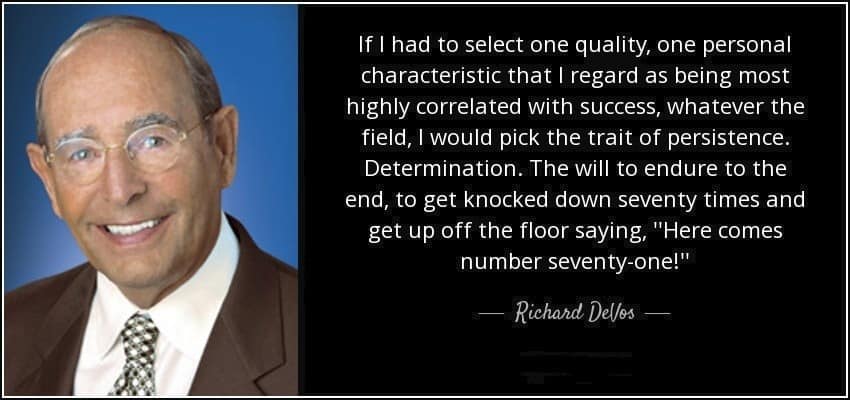
The other day I got a postcard from P.C. Richard & Son about their President’s Day sale and was about to toss it into the garbage when something on the card caught my eye. It was the logo and words “Celebrating 110 Years”!
You see, I never would have noticed it, and it certainly would never have taken up a millimeter of brain storage space – IF NOT for the fact that my own company is contemplating throwing a 10-Year Anniversary Celebration!
The truth is that outside the company’s own walls, nobody cares about a company’s big milestone. It’s easy to get caught up in the hubris of hitting a milestone anniversary and forget the fact that the customer really doesn’t care however many years old you are. In the words of Ms. Jackson, “What have you done for me lately?” is the primary question that customers ask. A 100-year heritage doesn’t really answer that question.
So I’ve learned that as counter-intuitive as it may seem, a company anniversary celebration should not be about the organization. It should be about the change we’ve created during that period of time. It’s about the people we’ve been fortunate enough to serve and work with. It’s about our clients, partners, staff, and friends who made it all possible.
Ladies and gentlemen, I’ve got a lot of work to do. More coming…
Happy Tuesday & Happy Selling!
Kevin
Company Anniversaries
|
By Kevin Frisch | 0 Comments



